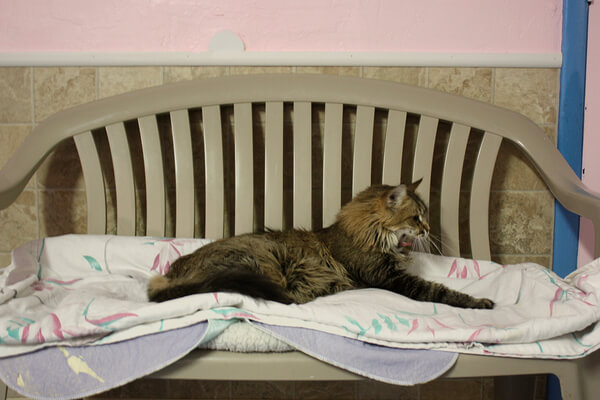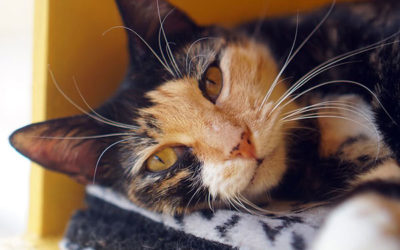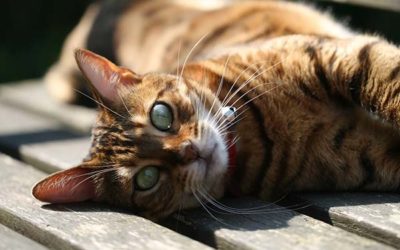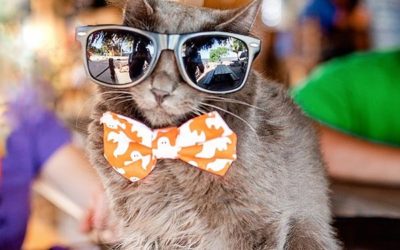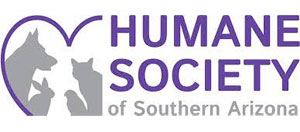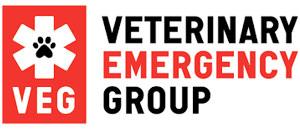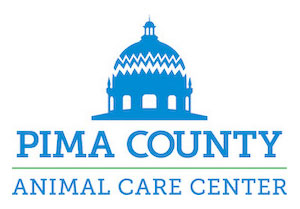Tucson Shelters Extend a Paw to FIV and FeLV-Positive Cats
Story & Photo by Devon Confrey
A little understanding goes a long way in the cat community.
Of all the reasons not to adopt a cat, feline immunodeficiency virus (FIV) and viral feline leukemia (FeLV) can sometimes keep away those unfamiliar with the diseases.
At first, this makes sense. The abbreviations feel complicated; they may bring to mind the human versions of these viruses. Cats that test positive for these viruses have weaker immune systems, which means they don’t always live as long cats that don’t have the viruses; this can be scary.
But, as these cats sit in Tucson shelters (and they do, there are enough of them that they make noticeable presences, many for extended periods of time, most outwardly unaffected besides an absence of owners), they may think to themselves that all this isolation seems unjustified.
The cats are here for now. Their conditions are manageable. There are resources, here, now, that not everybody knows about, to help give these guys fulfilling lives.
Take for instance “Herbie the Love Cat.”
After a stint stalking the halls at the Hermitage No-Kill Cat Shelter & Sanctuary, Herbie met a woman that took him home and gave him a second chance at life. The process was so smooth and she became so enamored with Herbie that she soon returned, determined to adopt another of his often overlooked brothers.
At the Hermitage five FIV and FeLV cats were adopted in May. Of all the adoptions the shelter had that month, 10 percent were for cats with special needs.
Part of the adoption process for FIV and FeLV cats at the Hermitage includes a “Lease for Life” program. With this program, if special needs cats develop complications with their conditions, the Hermitage will help adopters cover costs along with a copay.
The Animal League of Green Valley has a similar program, offering free vet care for the life of FIV and FeLV-positive cats. Adopters also receive an adoption counselor. This reassurance helps adopters and pets make the transition, and the cats get checked up on along the way.
Mister, an orange and white senior kitty, who is blind and also FeLV-positive, was able to find a happy home this summer because of the service.
PAWSitively CATS No-Kill Shelter along with the Humane Society of Southern Arizona has some FIV and FeLV cats available for adoption as well. All over Tucson, an effort is being made to make these adoptions accessible.
Certainly, some parts of caring for an animal with these conditions will be different. This is true for the pet and for the sake of others, said Julie Gathers, Adoption Coordinator at the Hermitage.
“Don’t bring FIV cats outside, because they may develop a respiratory infection, which is harder for them to deal with,” Gathers said. Because their immune systems are not equipped to handle what might be common for other cats, for their own safety, they should be kept away from other animals that might be contagious.
FIV-positive cats can eat out of the same food and water bowls as other animals, and they can’t spread their virus to people or dogs. FIV spreads through blood. Cats that fight are the ones owners need to worry about containing.
FeLV is much more easily transmitted between cats than FIV. FeLV can be transmitted through spit, and during grooming. Cats with FeLV shouldn’t be left together with cats that haven’t been vaccinated, even for short periods of time.
All of that isn’t to say that someone who doesn’t have experience caring for cats with particular needs wouldn’t be able to handle having a cat that’s FIV or FeLV-positive. “You just have to have the love in your heart to be able to adopt them,” Gathers said. Immunodeficiency viruses don’t require an owner to pay constant attention, or learn how to perform medical procedures. All it takes is owners who are careful and conscientious of their cat’s needs and behaviors.
A brave and hopeful disposition goes a long way as well. One cat at the Hermitage with FeLV lived to be 20 years old. Today, a positive diagnosis is not a death sentence.
And with every adoption, space opens up at a shelter, giving other cats the opportunity to come in. At the Hermitage, volunteers come and spend time specifically with these cats. Pay-it-forward adoptions at the Hermitage, or adoption sponsorships at PAWSitively CATS are ways that anybody can help, even if they can’t take on a cat.
These shelters make a difference because they provide room for cats that are FIV and FeLV-positive. These cats still have a lot of life left in them, and the shelters don’t just assume the end is here.
For more information about FIV and FeLV, visit: http://bit.ly/FelineImmunodeficiencyVirus


